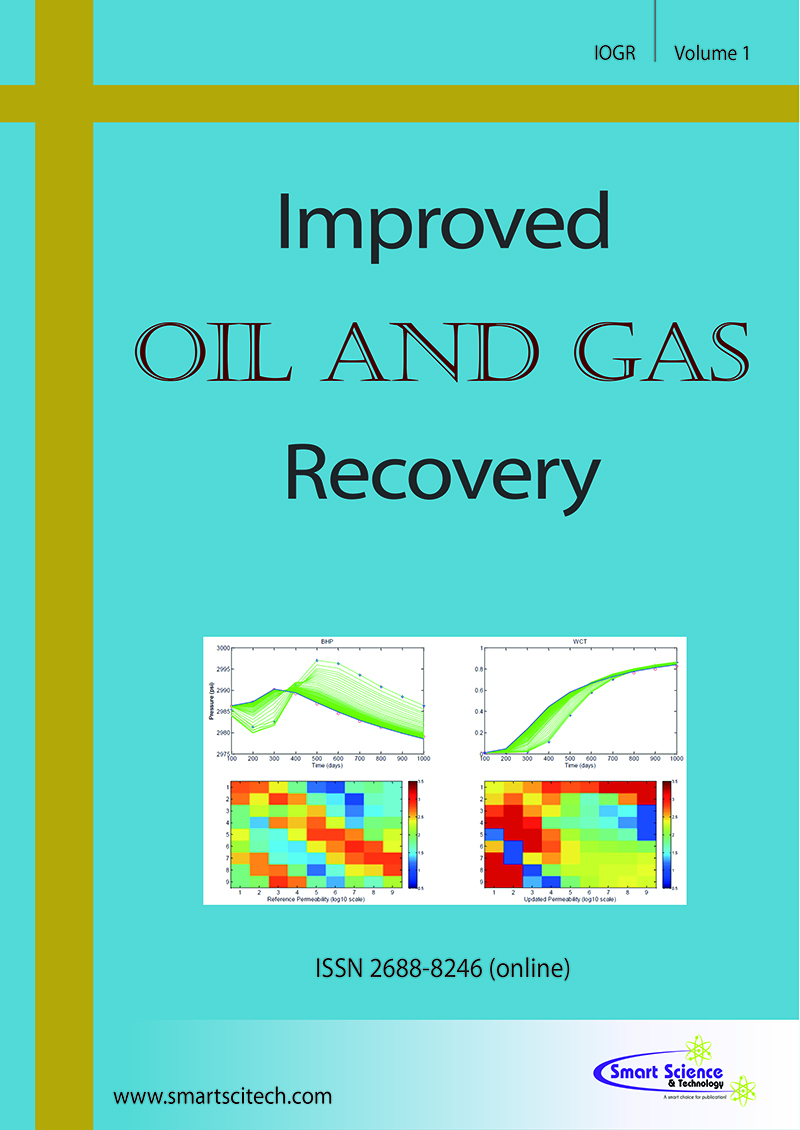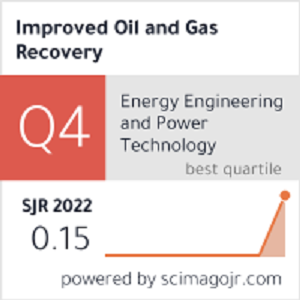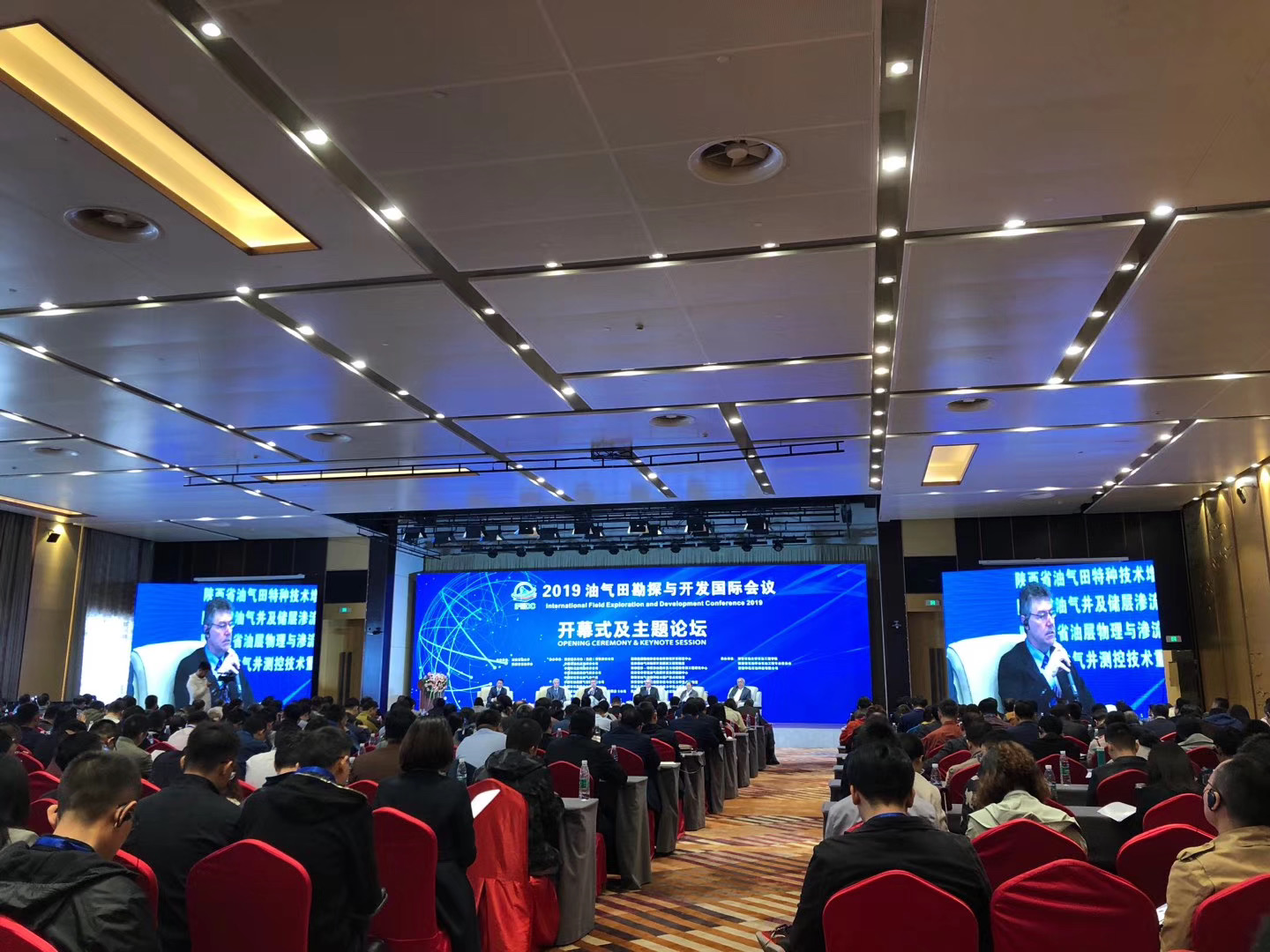Exploring Influential Factors for Composite Flooding with Polymer Viscosity Reducers in Heavy Oils
DOI:10.14800/IOGR.1261
Abstract
Extracting heavy oil presents significant challenges due to its high viscosity, poor fluidity, elevated asphaltene content, and the complexities involved in its development. Traditional extraction methods often fall short of meeting the developmental needs for such oil. Currently, the use of polymer viscosity reducer composite flooding technology has shown promising results both domestically and internationally in heavy oil extraction. While the prospects for this technology are encouraging, there is limited research on the primary factors of the polymer viscosity reducer affecting oil recovery, underscoring the need for further investigation.
A numerical model was formulated using the STARS module of CMG to assess the development of heavy oil extraction via viscosity reducer flooding, polymer flooding, and polymer with viscosity reducer composite flooding. The study contrasted the impacts of these varied injection methodologies on heavy oil recovery. Findings indicated that the composite flooding for the polymer and viscosity reducer enhanced the recovery rate by 48.22%, outperforming water flooding or single chemical flooding. Both single-factor analysis and orthogonal design were employed to assess variables such as injection slug, polymer mass concentration, mass concentration of viscosity reducer, timing of injection, and the rate of chemical composite flooding. In terms of enhancing oil recovery, the injection plug volume had the most pronounced impact on recovery, while the timing of injection has a minimal impact on efficiency.
This research furnishes crucial technical backing for the enhancement of heavy oil reservoirs through chemical composite flooding. It significantly advances the deployment and application of polymer viscosity reducer chemical composite flooding in similar reservoirs. Moreover, the findings are poised to offer pivotal references and direction for employing chemical composite flooding techniques in heavy oils.
Downloads
Published
How to Cite
Issue
Section
License
Copyright (c) 2023 The Author(s)

This work is licensed under a Creative Commons Attribution 4.0 International License.












